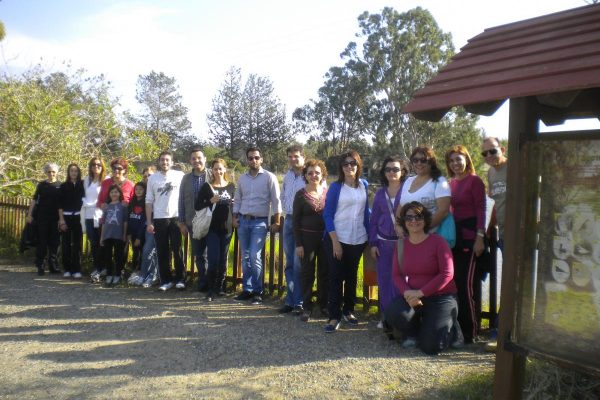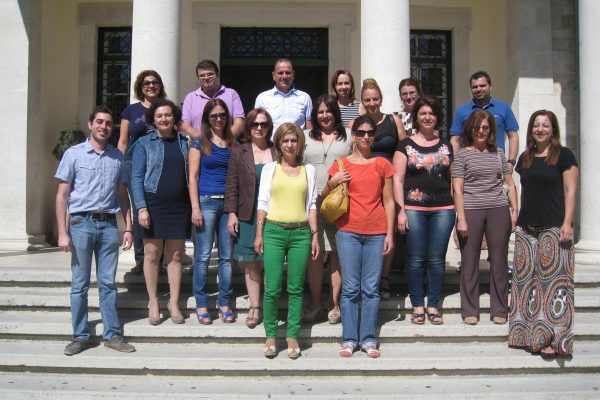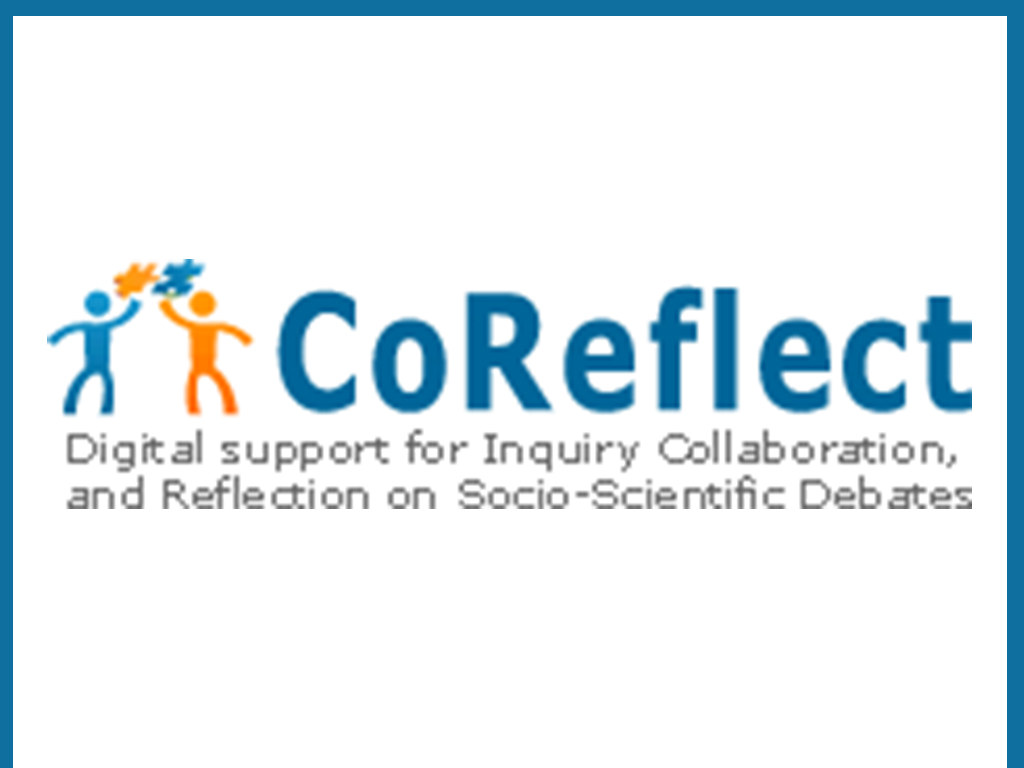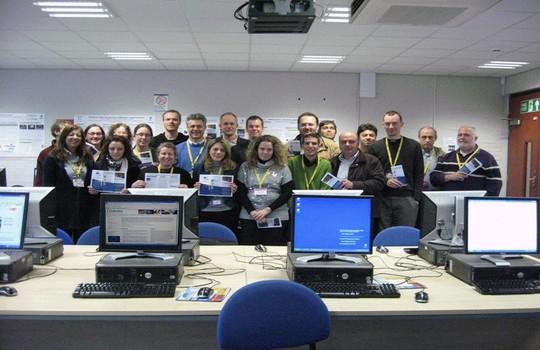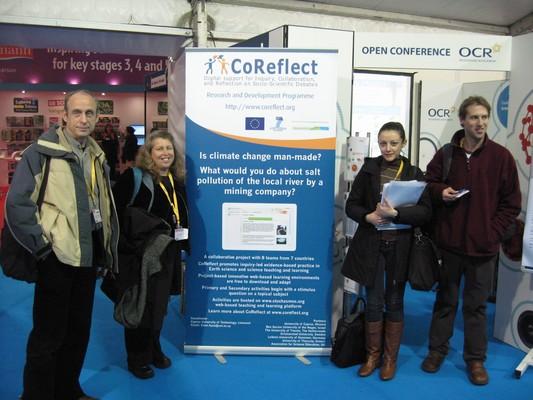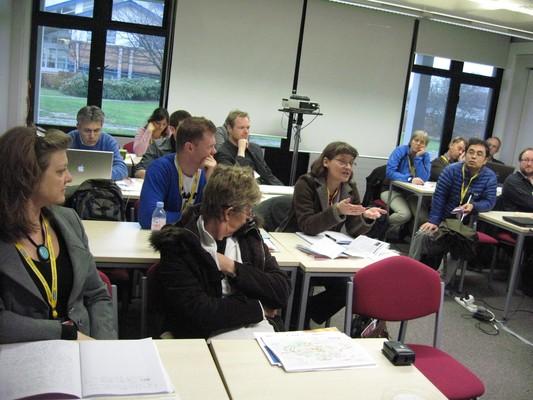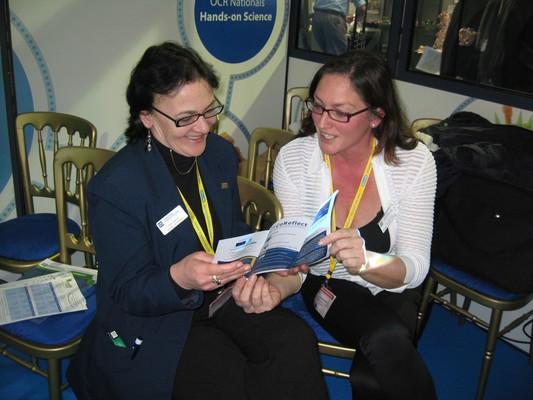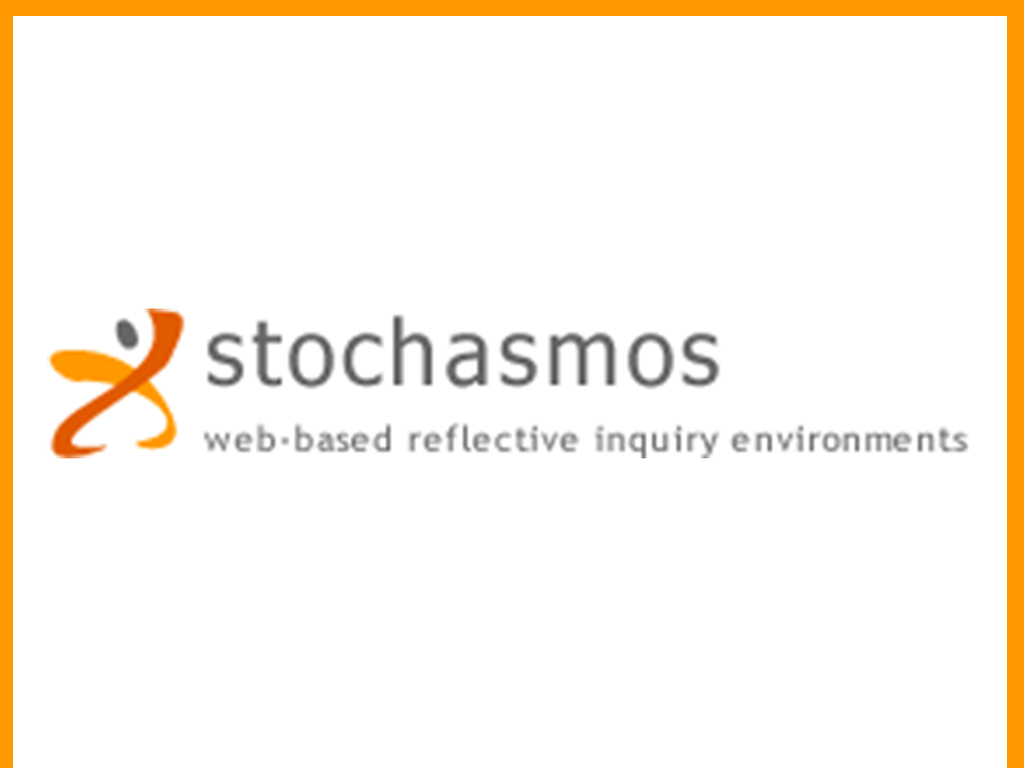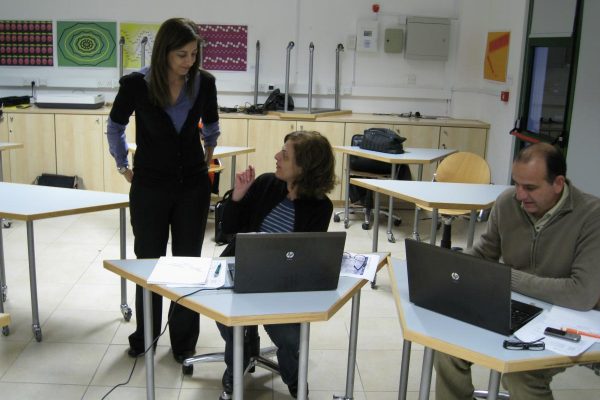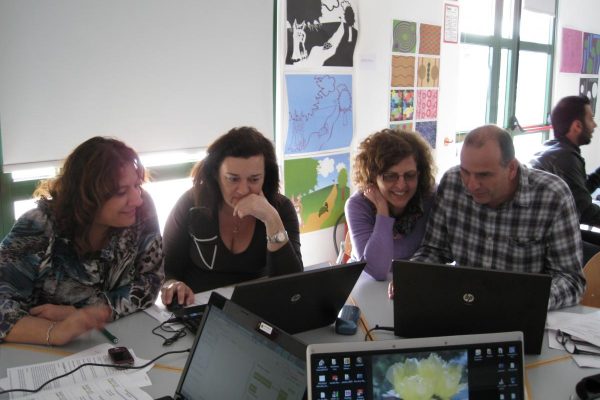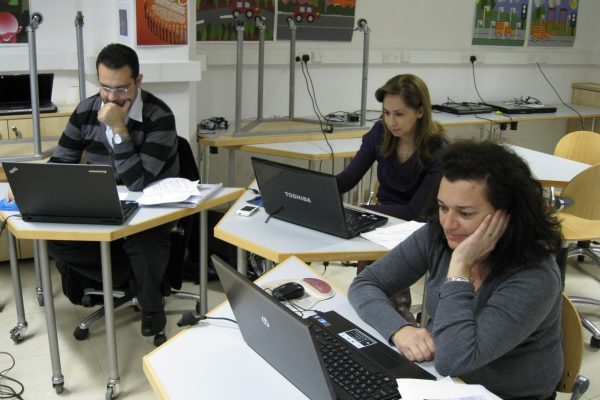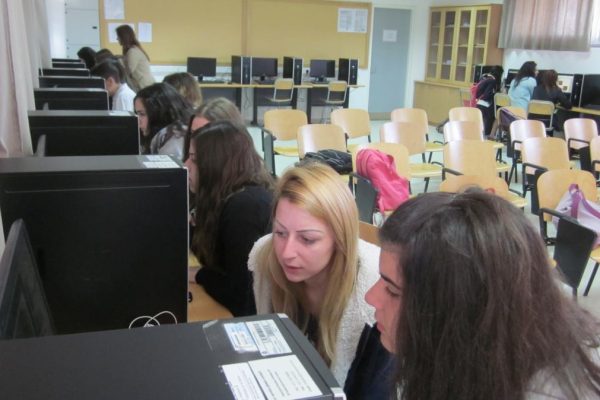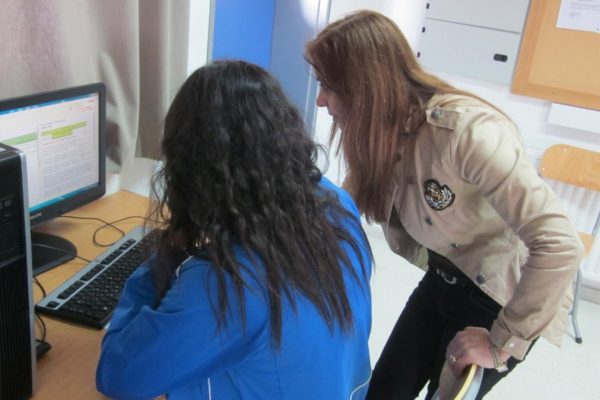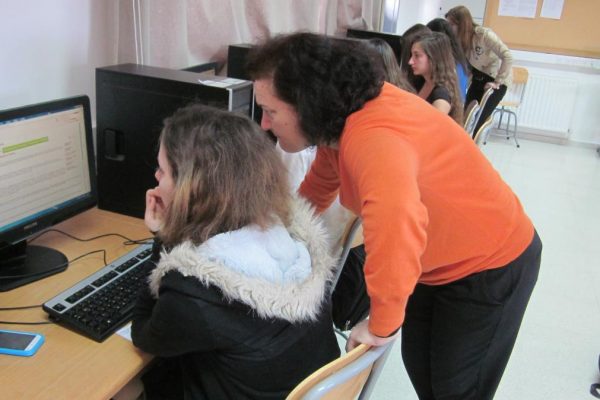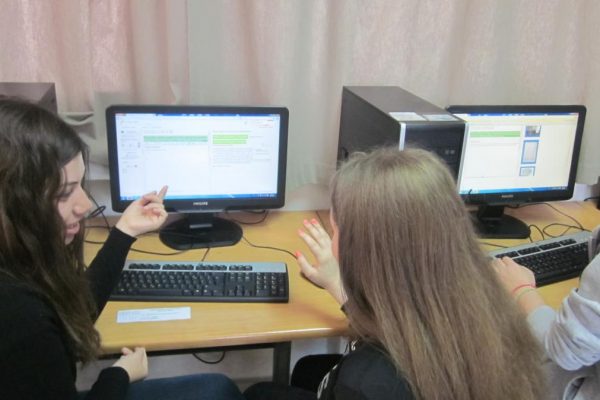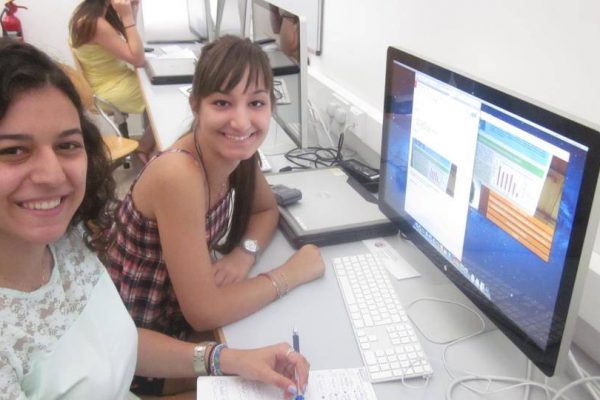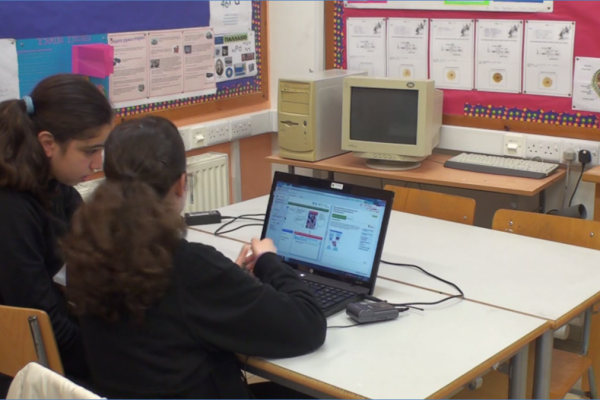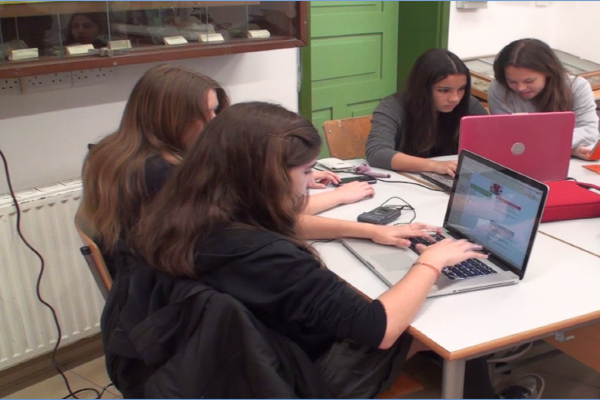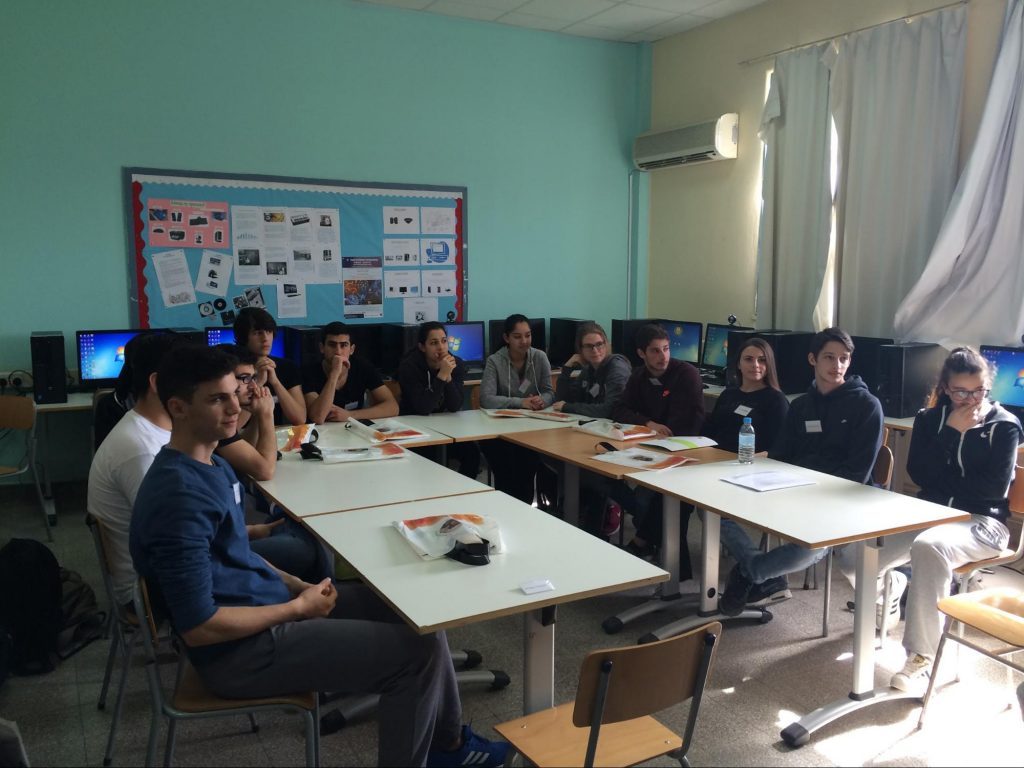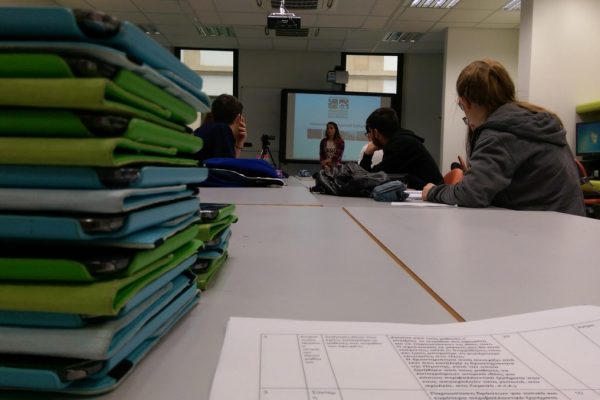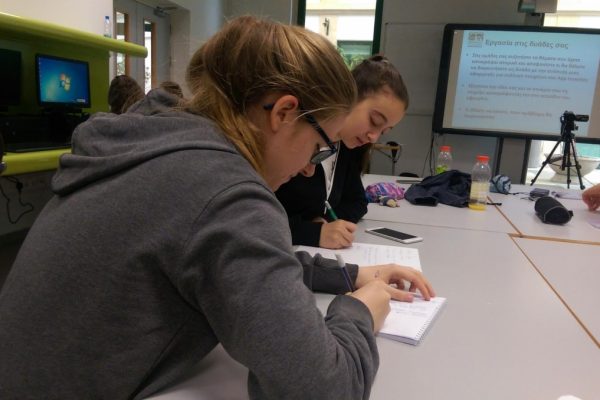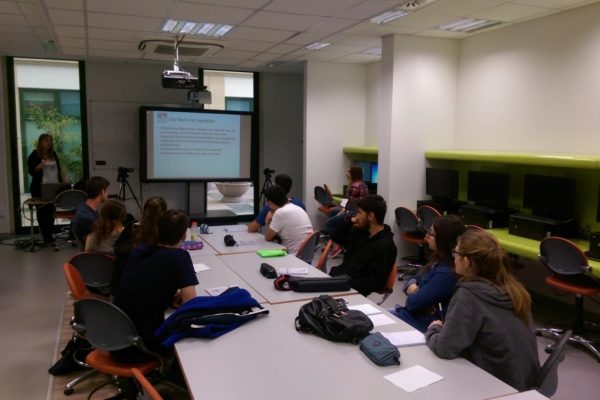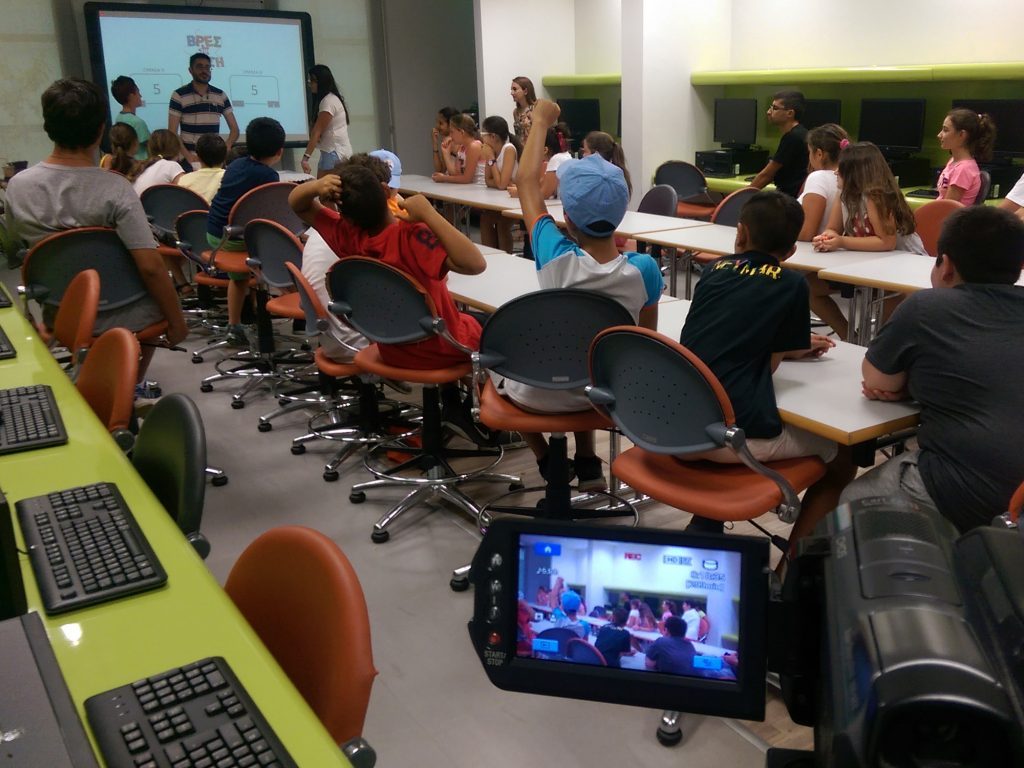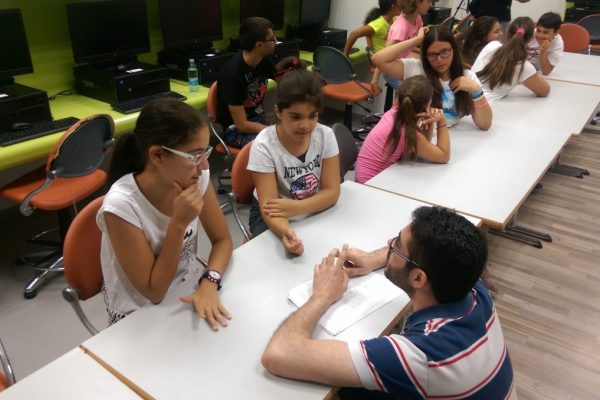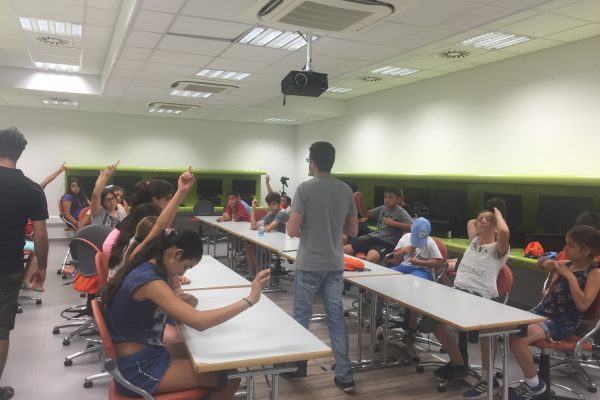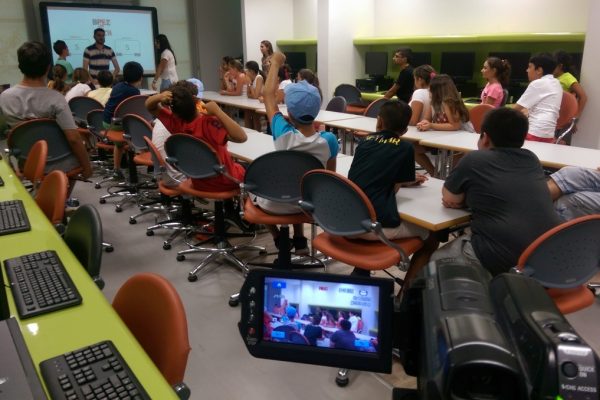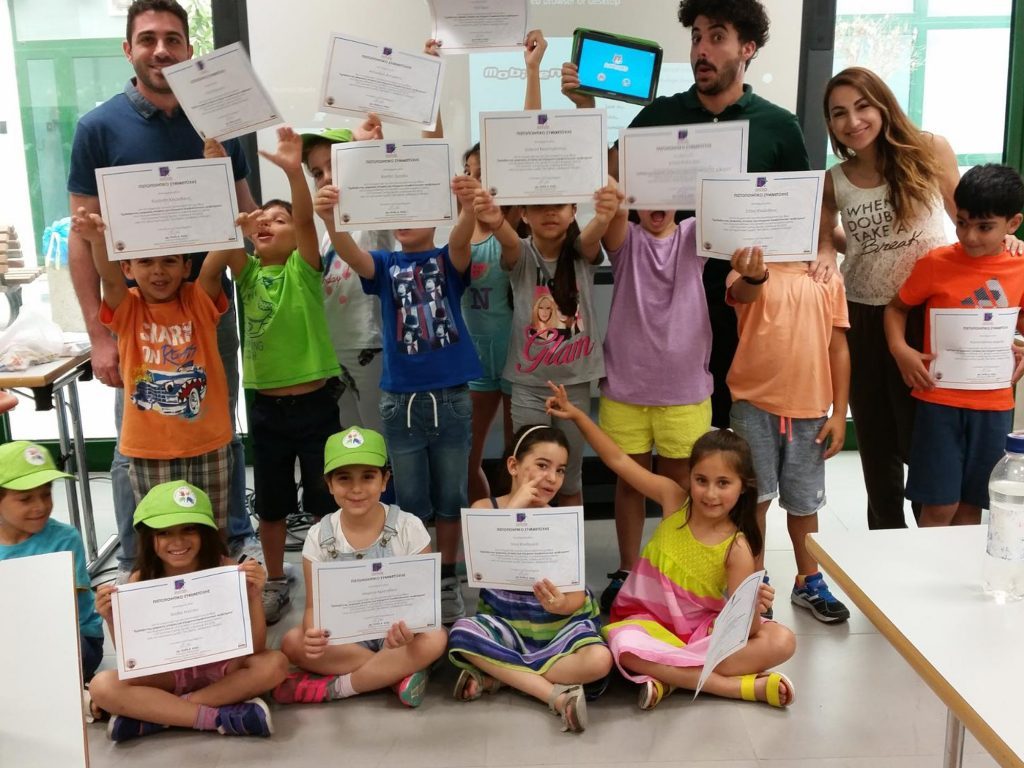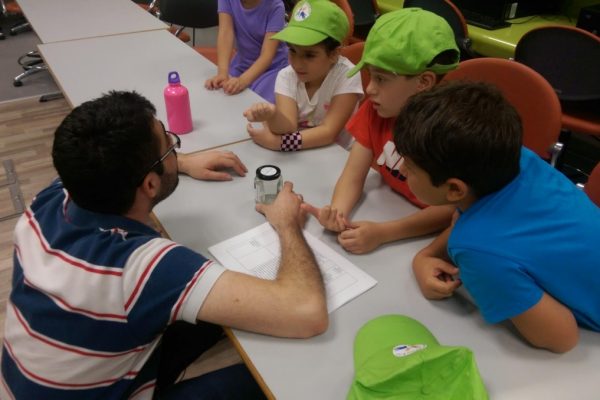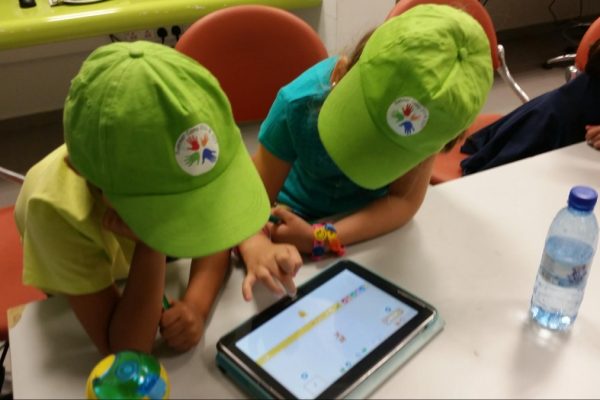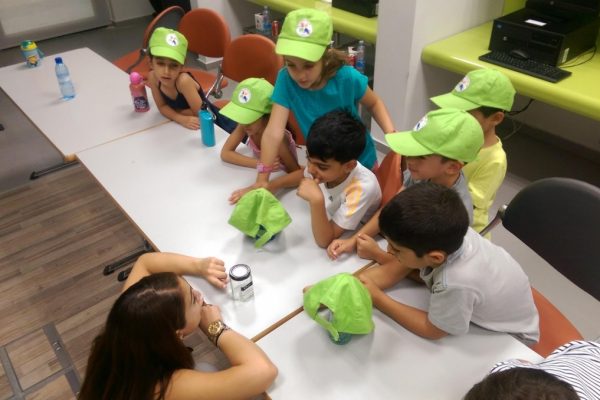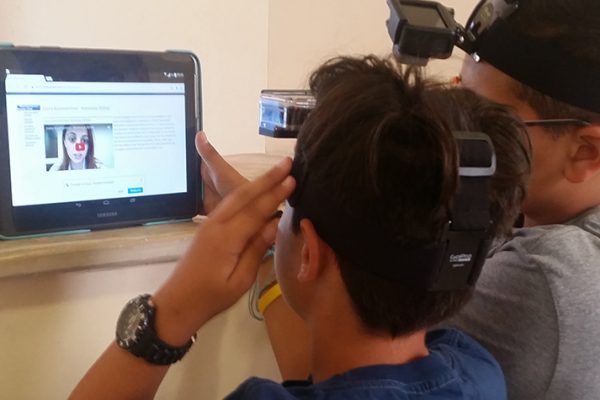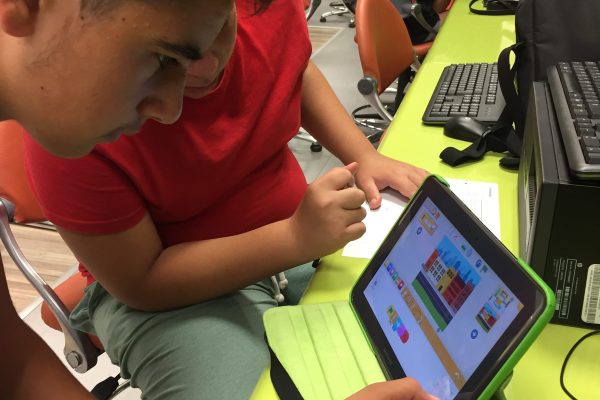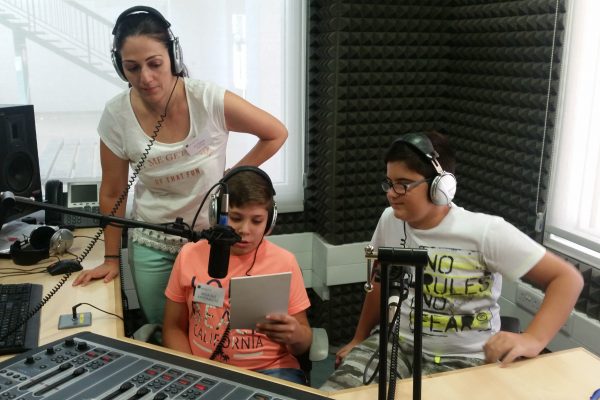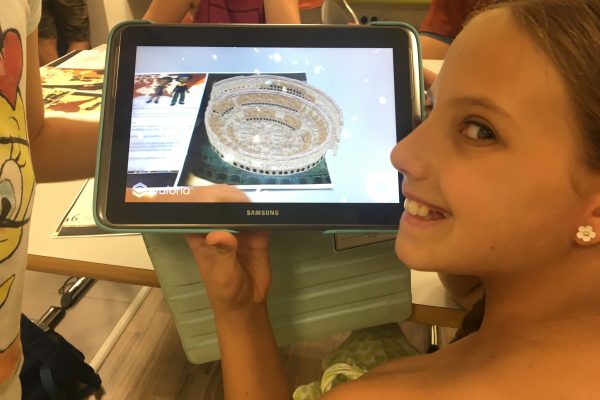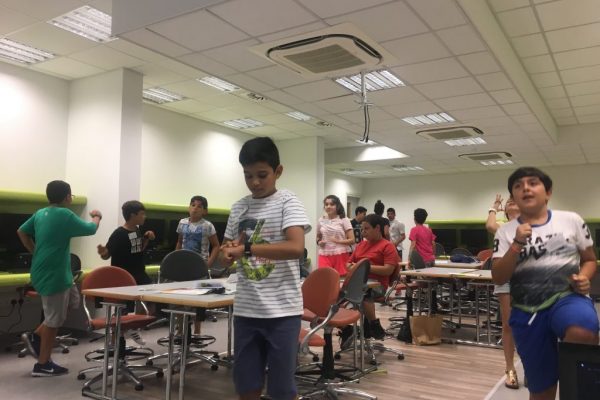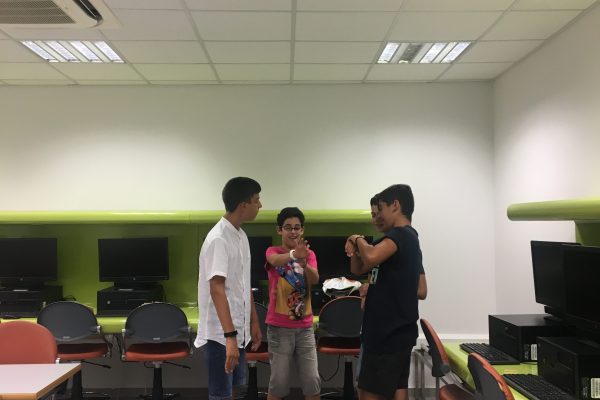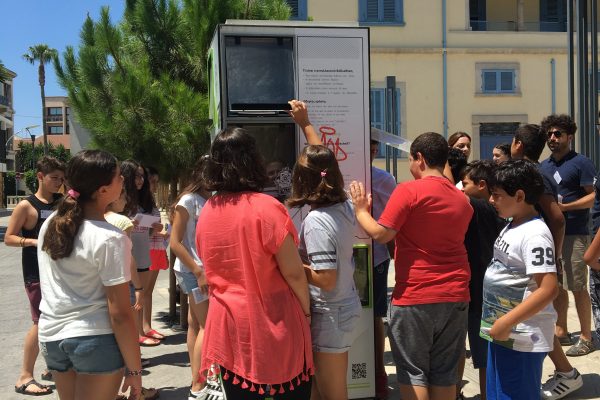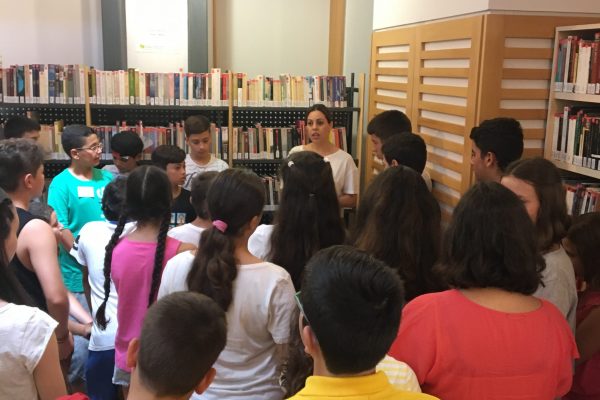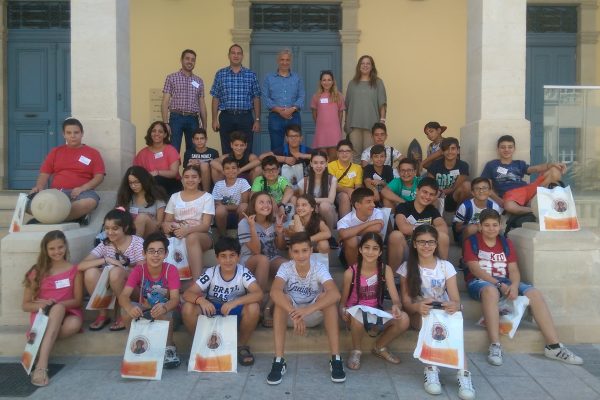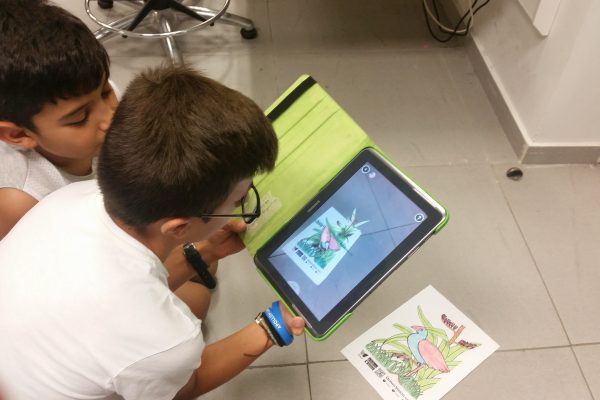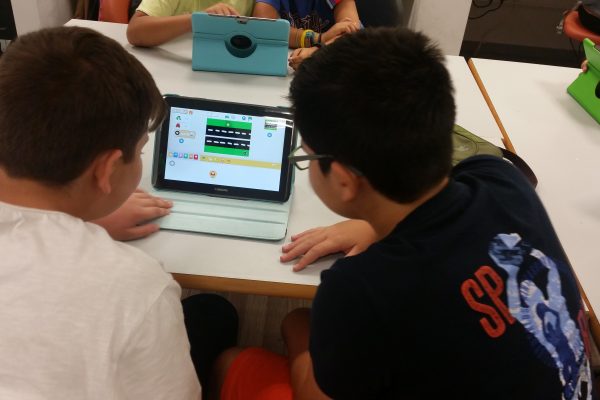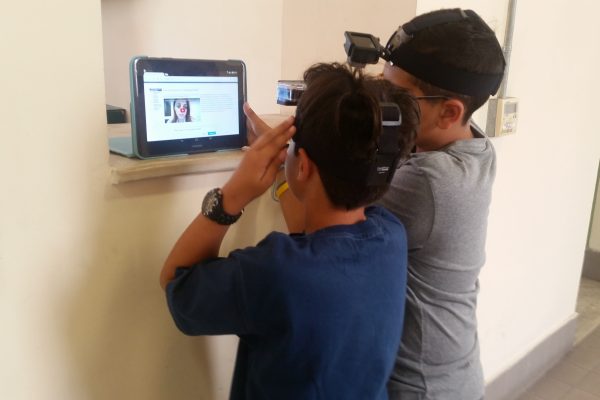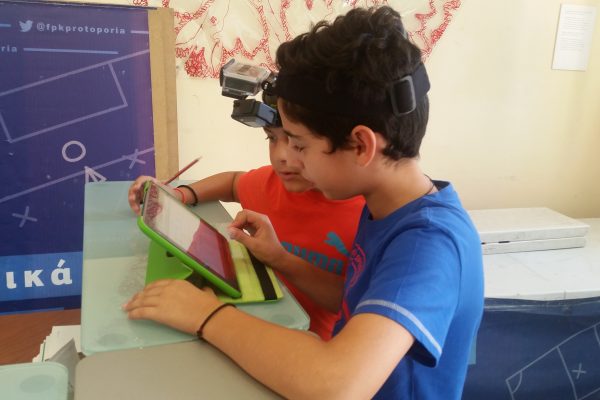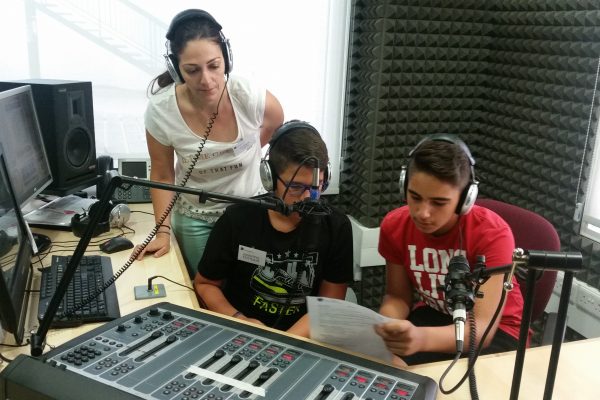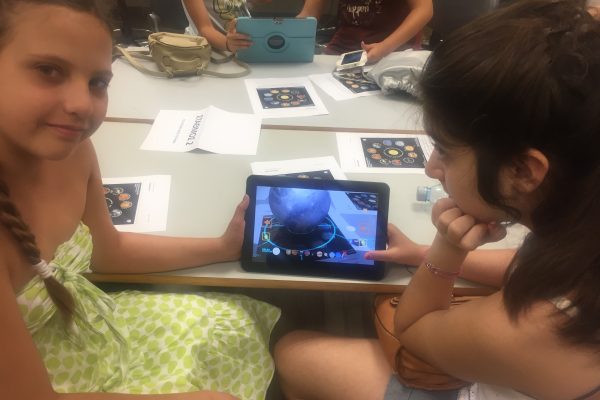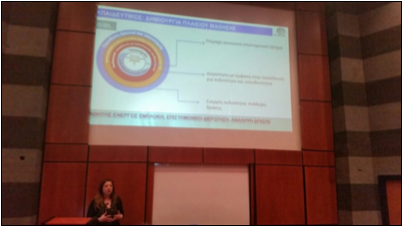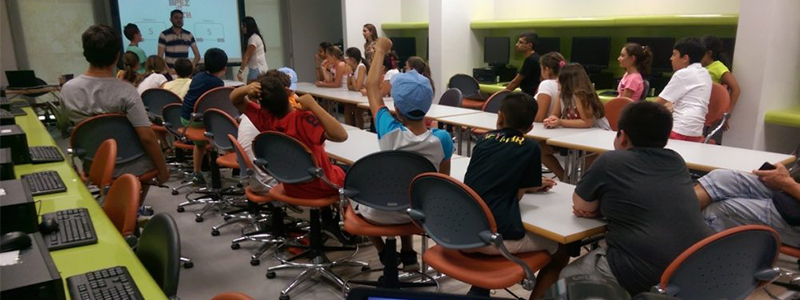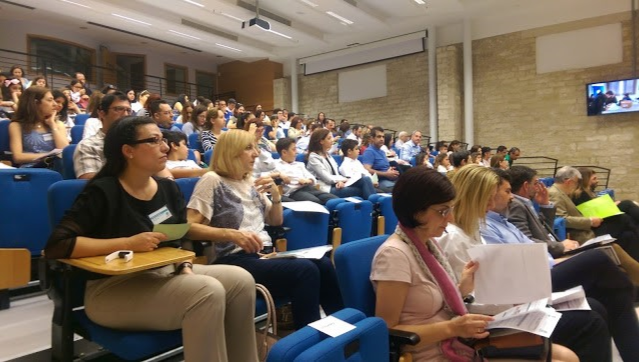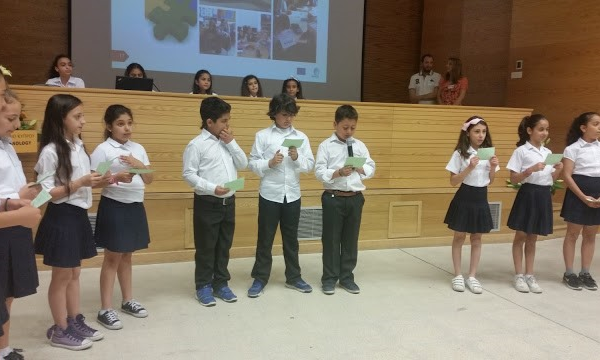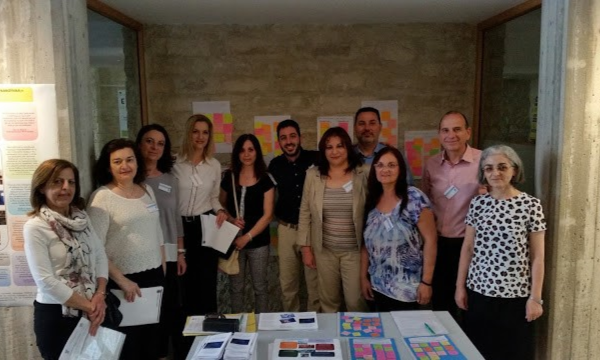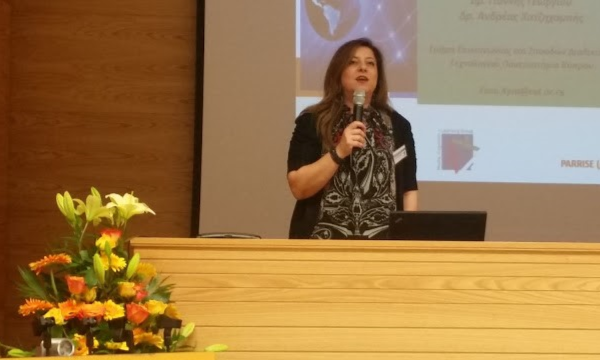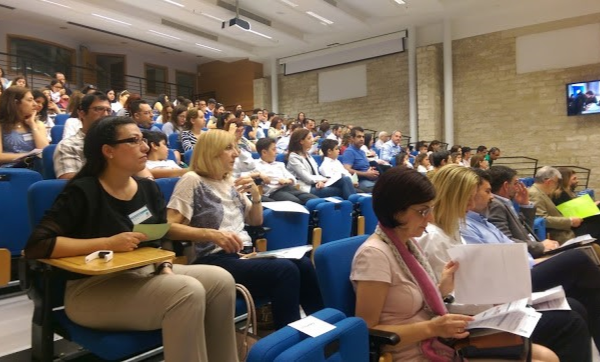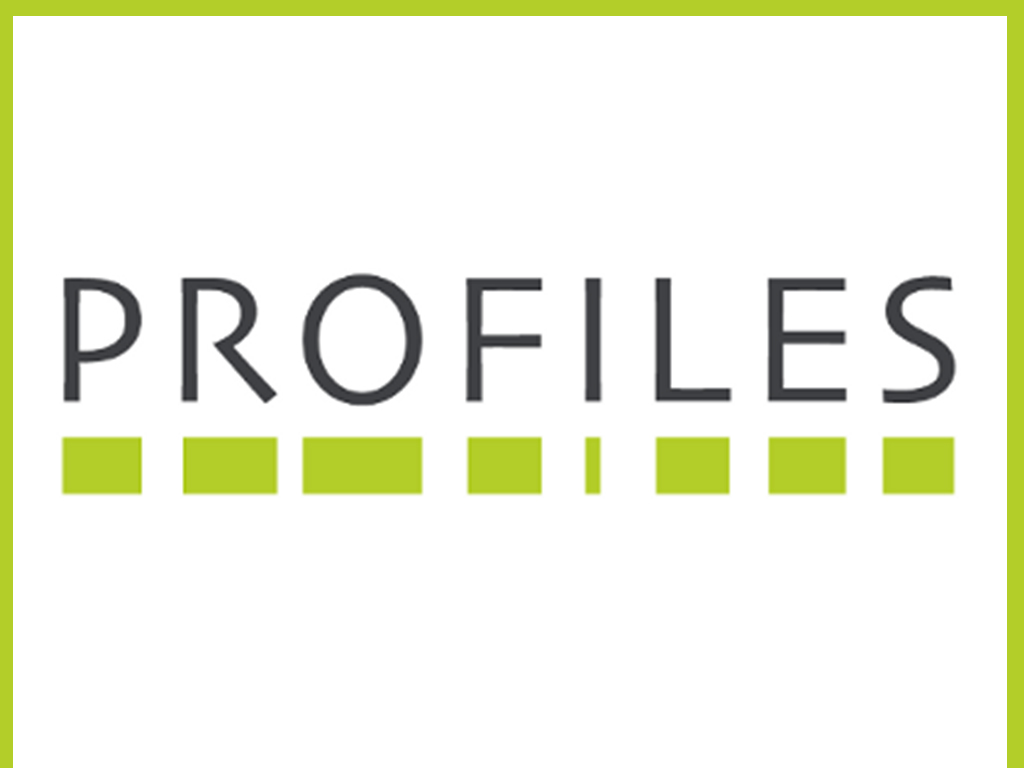
PROFILES (Title: “Professional Reflection Oriented Focus on Inquiry- based Learning and Education through Science) was a four year (2010 – 2014) research program, funded by the European Commission, under the FP7 Science in Society program. Bringing together 19 university teams from 21 European countries, promoted IBSE through raising the self-efficacy of science teachers to take ownership of more effective ways of teaching students, supported by stakeholders.
The PROFILES innovation lied on working with teacher partnerships to implement existing, exemplary context-led, IBSE focused, science teaching materials enhanced by inspired, teacher relevant, training and intervention programmes. This was undertaken by reflection, interactions and seeking to meaningfully raise teacher skills in developing creative, scientific problem-solving and socio-scientific decision-making abilities in students. The measures of success were through (a) determining the self-efficacy of science teachers in developing self-satisfying science teaching methods and (b) in the attitudes of students toward this more student-involved approach. Dissemination of approaches, reactions, and reflections formed a further key project target, making much use of the internet and other formats useful for sharing science teacher profiles in an interactive forum.
PROFILES involved the development of teachers on four fronts (teacher as learner, teacher as effective teacher, teacher as reflective practitioner, teacher as leader) consolidating their ownership of society-led, IBSE approaches and incorporating use-inspired research, evaluative methods and stakeholder networking. The project disseminated its innovation with trained lead teachers spearheading further teacher development at pre- and in-service levels and initiating a series of workshops for key stakeholders nationwide. The project focused on open inquiry approaches as a major teaching target and paid much attention to both intrinsic and extrinsic motivation of students in the learning of science. The intended outcome was school science teaching to become more meaningful, related to 21st century science and incorporate interdisciplinary socio-scientific issues and IBSE-related teaching, taking particular note of gender factors.
Find out information about the PROFILES here.
Focus: Science teachers’ professional development through a participatory design approach
Funding: European-funded project
Status: Completed
Related Publications
Hadjichambis, A. C., Georgiou, Y., Paraskeva-Hadjichambi, D., Kyza, E. A., & Mappouras, D. (2016). Investigating the effectiveness of an inquiry-based intervention on human reproduction in relation to students’ gender, prior knowledge and motivation for learning in biology. Journal of Biological Education, 50(3), 261-274. doi:10.1080/00219266.2015.1067241
Kyza, E. A. & Georgiou, Y. (2014). Developing in-service science teachers’ ownership of the PROFILES pedagogical framework through a technology-supported participatory design approach to professional development. Science Education International, 25(2), 55-77.
Kyza, E. A., Georgiou, Y., Hadjichambi, D. & Hadjichambis, A. (2013). Teacher Framing, Classroom Collaboration Scripts, and Help‐Seeking and Help‐Giving Behaviors. In N. Rummel, M. Kapur, M. Nathan, S. Puntambekar (Eds.) To see the world and a grain of sand: Learning across levels of space, time and scale. Proceedings of the 10th International Conference of Computer Supported Collaborative Learning. Madison, WI: International Society of the Learning Sciences (ISLS), 2013. [Long paper.]
Schulte, T., Georgiou, Y., Kyza, E.A., Bolte, C. (2013). Students’ and teachers’ perceptions of school based scientific literacy priorities and practice: A cross‐cultural comparison between Cyprus and Germany. In: C. P. Constantinou, N. Papadouris & A. Hadjigeorgiou (Eds.), “E-Book Proceedings of the ESERA 2013 Conference: Science Education Research For Evidence-based Teaching and Coherence in Learning”, Part 8: “Scientific Literacy and Socio-scientific Issues” (co-ed. J. Dillon & A. Redfors), European Science Education Research Association, Nicosia, Cyprus, ISBN: 978-9963-700-77-6, pp. 132-140.
Georgiou, Y., Kyza, E. A., & Ioannou, A. (2012). Creating and sustaining online communities of practice for science teachers’ professional development: Overcoming the barriers. In J. V. Aalst, K. Thompson, M. J. Jacobson & Reimann, P. (Eds.), The future of learning. Proceedings of the 10th International Conference of the Learning Sciences (pp. 533-534). Sydney, Australia. [Poster.]

